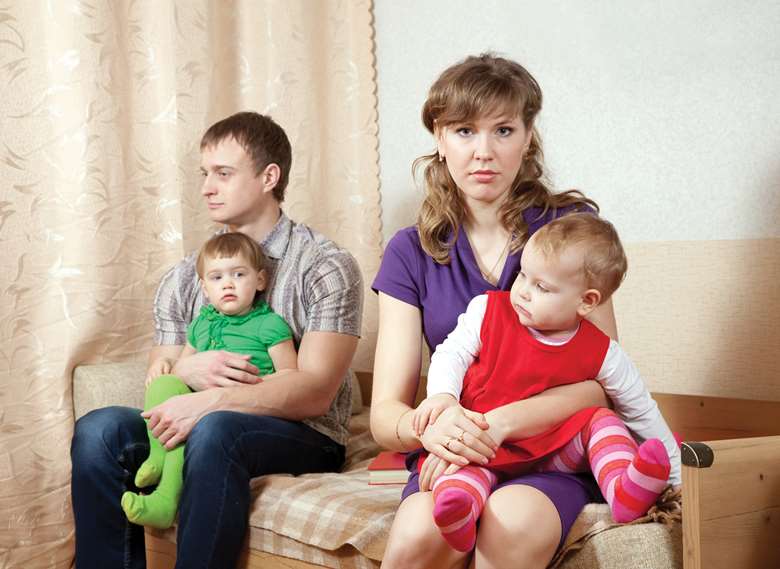One in four troubled families 'not satisfied' with access to services
Gabriella Jozwiak
Wednesday, April 5, 2017
A quarter of people receiving support through the government's flagship Troubled Families programme have said they were "dissatisfied" with how easy it was to access support.

A survey of people who took part in the programme, conducted by Ipsos Mori on behalf of the Department for Communities and Local Government (DCLG), found that 12 per cent were "fairly dissatisfied" with access to services under the initiative, with a further 12 per cent "very dissatisfied".
Meanwhile, 16 per cent of participants were either fairly or very dissatisfied with the amount of support they received.
The current troubled families programme aims to help 400,000 disadvantaged families with complex needs such as parents on out-of-work benefits, and children who are involved in youth crime, antisocial behaviour, or who are excluded from school.
The scheme is operated by local authorities, which are funded on a payment-by-results basis once they have "turned around" a troubled family.
The government invested £448m to help 120,000 families during the first phase of the programme between 2012 and 2015, but subsequently extended the programme by a further five years at a cost of £900m.
However, a number of concerns have previously been raised about the effectiveness of the scheme.
An evaluation report published last October by the National Institute of Economic and Social Research found that across a wide range of outcomes such as employment, benefit receipt, school attendance, safeguarding and child welfare, it was "unable to find consistent evidence that the programme had any significant or systematic impact".
And a study by the Centre for Crime and Justice Studies, published in November 2015, claimed that government assertions that the programme has a 99 per cent success rate are "unbelievable" and the programme had "wasted millions".
The survey also found in terms of parenting, two in five of those surveyed (38 per cent) said the help they received has made little or no difference to their abilities to help their children get to school.
However, the study did reveal a number of positives, with 79 per cent of respondents saying the programme had improved or helped a "great deal" or a "fair amount" with their ability to keep their children living with them.
Meanwhile, more than three quarters (78 per cent) said they were very or fairly satisfied with the staff supporting them, while 73 per cent were very or fairly satisfied with the quality of support they received.
And nine out of 10 said they knew how to keep their family on the right track in the future as a result of the interventions.
The government yesterday announced an additional £30m of funding for the Troubled Families Programme to be spent on creating parental conflict provision in local areas and training frontline practitioners in identifying parental conflict.
In total, 1,145 family interviews were completed with the main carer in a family involved with the programme.
The DCLG has been contacted for a response.




